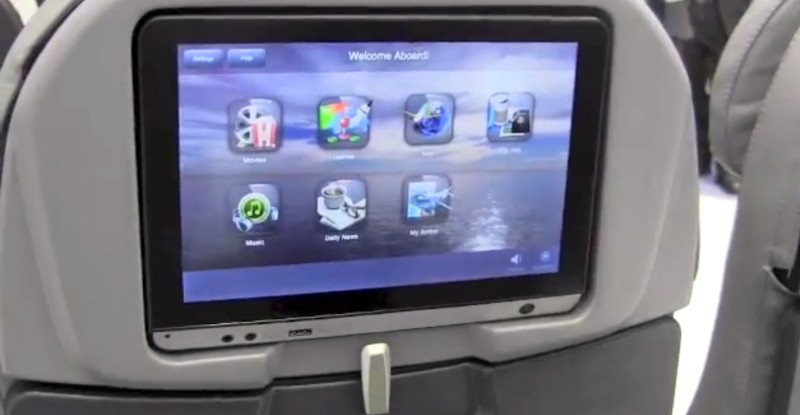In 2006, Rockwell Collins famously opted not to develop inflight entertainment (IFE) systems for the Airbus A380 and Boeing 787, which effectively pulled the manufacturer out of the twin-aisle market for IFE, and reduced competition for new aircraft models to a duopoly comprised of Panasonic Avionics and Thales.
To my knowledge, Rockwell Collins has never publicly expressed any regret for this decision. After all, IFE had proven to be somewhat of a headache for the company.
One story often told in IFE circles – almost as a ‘teachable moment’ – was the fateful decision of Rockwell Collins to agree to upgrade the ‘TES’ (total entertainment system) on British Airways’ Boeing 747s with audio/video on demand functionality to improve the passenger experience. The plug-and-play capability of TES enabled the upgrade to digital TES – known as dTES – without changing or replacing wires, distribution or seat electronics. In short, the aged hardware remained in place, and the system has been plagued with reliability issues ever since (not to mention a recent fire).
Fast-forward to today and you’ll find that Rockwell Collins is focused on delivering reliable, lightweight, seat-centric IFE systems to the single-aisle market, in addition to the drop-down IFE it has provided for years. But you might also note something else about Rockwell Collins – it has a new spring in its step when discussing the IFE sector now that it has acquired Arinc.
The acquisition puts Rockwell Collins on the inflight connectivity map; Arinc is, after all, trialling its Inmarsat SwiftBroadband-supported Cabin Connect Wi-Fi system on Virgin Atlantic. A Memorandum of Understanding (MOU) announced with Inmarsat this week will make Rockwell Collins a ‘Value Added Reseller’ (VAR) for Inmarsat’s Global Xpress (GX) Ka-band connectivity service. This too is crucial, as Cabin Connect has been engineered to easily upgrade to GX when the service is available in 2015.
Being a VAR for GX will allow Rockwell Collins “to take Cabin Connect to a new generation”, Rockwell Collins senior director, global satellite strategy Simon Tudge told Runway Girl Network this week at the Aircraft Interiors Expo in Hamburg. Rockwell Collins is also now positioned to combine connectivity, wireless IFE and the Airshow moving map capabilities into creative packages for airlines, he adds.
On the seat-back IFE front, Rockwell Collins also has a rosier story to tell these days. The company finally has linefit technical offerability for its new IFE system on the Boeing 737 and the Airbus A320. “It’s a long time coming but we’re excited about that,” says Rockwell Collins director cabin systems marketing Duc Huy Tran.
To be sure, the company is facing some stiff competition. Not only will Rockwell Collins find itself bidding for work against Panasonic and Thales, but two other IFE firms have made inroads in the sector – Zodiac Inflight Innovations (formerly The IMS Company) and Lumexis.
But, says Tran, one of the “exciting things” about Arinc joining Rockwell Collins is that Rockwell Collins is now coming to the market with IFE and connectivity. He says the market really is all about “IFEC” – and the “C” portion in the past had been missing from Rockwell Collins’ portfolio. Now synergies will be leveraged with Arinc to improve the passenger experience.
See RGN’s full interview with Tudge and Tran below.











